22nd European User Group Meeting 2024
- June 11th-13th, 2024
- Fotografiska Museum – Stockholm, Sweden
We are pleased to invite you to the 22nd Schrödinger European User Group Meeting on June 11-13, 2024 in Stockholm, Sweden
This in-person event will bring together a dedicated group of Schrödinger team members and customers from across Europe. We are preparing an interactive program including scientific presentations, workshops, and panel discussions, as well as ample opportunities for networking during breaks and evening social events. You will have the chance to enjoy the Fotografiska Museum in Stockholm alongside experiencing the city with a boat trip.
Agenda Highlights
- User talks highlighting applications of computational methods for drug discovery of small molecules and biological therapeutics
- Schrödinger presentations and hands-on workshops outlining the latest developments of our molecular design platform
- Interactive panel discussions
- Opportunities for 1:1 meetings
- Networking dinners and receptions
We are looking forward to this opportunity to learn from each other, discuss the state of our field, and reflect on the common goals in our community.
Meeting Details
The event starts on Tuesday at 11:00 and ends on Thursday at 12:30 followed by lunch.
Day 1: From Traditional Modeling to Augmented Intelligence
- Combining physics-based modeling and machine learning
- Large-scale chemical space exploration
- Comp Chem/Med Chem joint presentations
- Workshop: Prioritizing DLK inhibitors for potency, selectivity, and brain-penetration with the Schrödinger platform
Day 2: From Simple Systems to New Modalities
- Recent advances in modeling of new modalities
- Target enablement
- Antibodies
- Peptides
- Bifunctional degraders
- Other modalities
- Workshop: Revolutionising biologics: A journey into LiveDesign for innovative discovery
Day 3: Big Transitions Require Change Management & Schrödinger Platform and Scientific Roadmap
Our Speakers
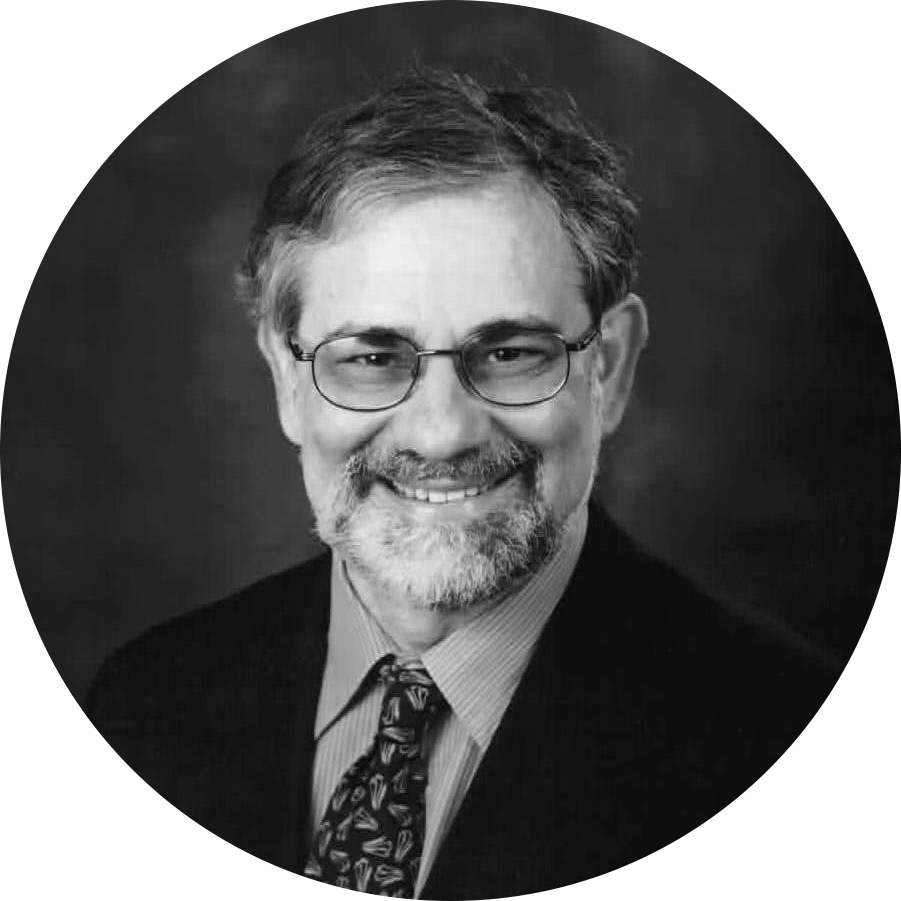
Richard A. Friesner, PhD
Professor of Chemistry, Columbia University
Richard A. Friesner, Ph.D. is a co-founder of Schrödinger and professor of chemistry at Columbia University and director of the Columbia Center for Biomolecular Simulation. He is a member of the National Academy of Sciences and American Academy of Arts of Sciences, and has been awarded a Sloan Foundation Fellowship, a Camille and Henry Dreyfus Teacher-Scholar Award, and an NIH Research Career Development Award. Current interests include quantum chemistry, development of potential functions for molecular simulation, continuum electrostatic models, and protein folding.

Robert Abel, PhD
Chief Science Officer, Platform, Schrödinger
Robert Abel, Ph.D., executive vice president and Chief Science Officer, joined Schrödinger in 2009, is responsible for advancing Schrödinger’s computational science platform. He also leads the computational chemistry team within Schrödinger’s drug discovery group. Robert obtained his Ph.D. from Columbia University, where he was awarded NSF and DHS research fellowships. His thesis work with Professor Richard Friesner involved developing methods to quantify the role of solvent in protein-ligand binding. Robert has co-authored multiple patent applications, and continues to publish extensively on a wide variety of topics in computational chemistry.

Leonardo De Maria
Principal Scientist, AstraZeneca
Leonardo De Maria is Principal Scientist in the Medicinal Chemistry Department, Research and Early Development, Respiratory and Immunology (R&I) at AstraZeneca. He joined AZ in June 2018. He received a PhD from the University of Trieste, Italy, followed by two postdoctoral stays at University of Konstanz, Germany, and Université Libre de Bruxelles, Belgium. Before joining AZ, Leonardo has first been working at Novozymes, a world leader in industrial enzymes and microorganisms, then at Novo Nordisk. He has wide experience in applying state-of-the-art computational methods in protein, peptide and oligonucleotide design. He has worked on the optimization of chemical and physical stability, pharmacokinetics, pharmacodynamics, immunogenicity risk reduction and tissue targeting. Leonardo has a strong publication track record in peptides, proteins and oligonucleotides and delivery aspects, and is (co-)/inventor in over 30 patents. He is fully involved in the computational design and optimization of R&I New Modality compounds at AstraZeneca and has also managed two Global Chemistry Leadership Sponsored Workstreams and is co-lead of an asset project. In his free time, he likes biking, cooking and reading books, both fiction and non-fiction.

Eric Therrien
Director, Schrödinger
Eric Therrien is a Director of computational chemistry in the Therapeutics Group. Since joining Schrödinger (New York) in 2016, Eric has been leading efforts in collaborative and internal drug discovery programs with a focus in applying free energy perturbation methods. He obtained his Ph.D. in organic chemistry from the Université de Montréal in 2005 and conducted post-doctoral research at McGill University in computational chemistry. Eric contributed to a variety of drug discovery programs including oncology, immunology, and neurology and he is co-author of over 30 publications and patents.

Daniele Pala
Senior Principal Scientist, Computational Chemistry, Chiesi Farmaceutici S.p.A.
Daniele is a Senior Principal Scientist in Computational Chemistry at Chiesi Farmaceutici. His Ph.D. research was conducted in the group of Prof. Mor at the University of Parma and was focused on the design of small-molecule modulators of GPCRs. After an internship at Schrodinger in 2011, he held a postdoctoral research position at the University of Parma, working on the design of protein-protein interaction disruptors, enzyme inhibitors and DNA-interacting small molecules. He joined Chiesi in 2016, where he has been applying a wide range of computational chemistry tools to support discovery projects focused on different respiratory diseases, including asthma, COPD, idiopathic pulmonary fibrosis and bronchopulmonary dysplasia. His current research activities are being devoted to the design of kinase inhibitors, protein-protein disruptors and peptide ligands through free energy methods, enhanced sampling techniques and deep learning models. He is member of the scientific advisory board of EUROPIN, a joint European PhD program focused on the use of computational approaches in drug discovery.
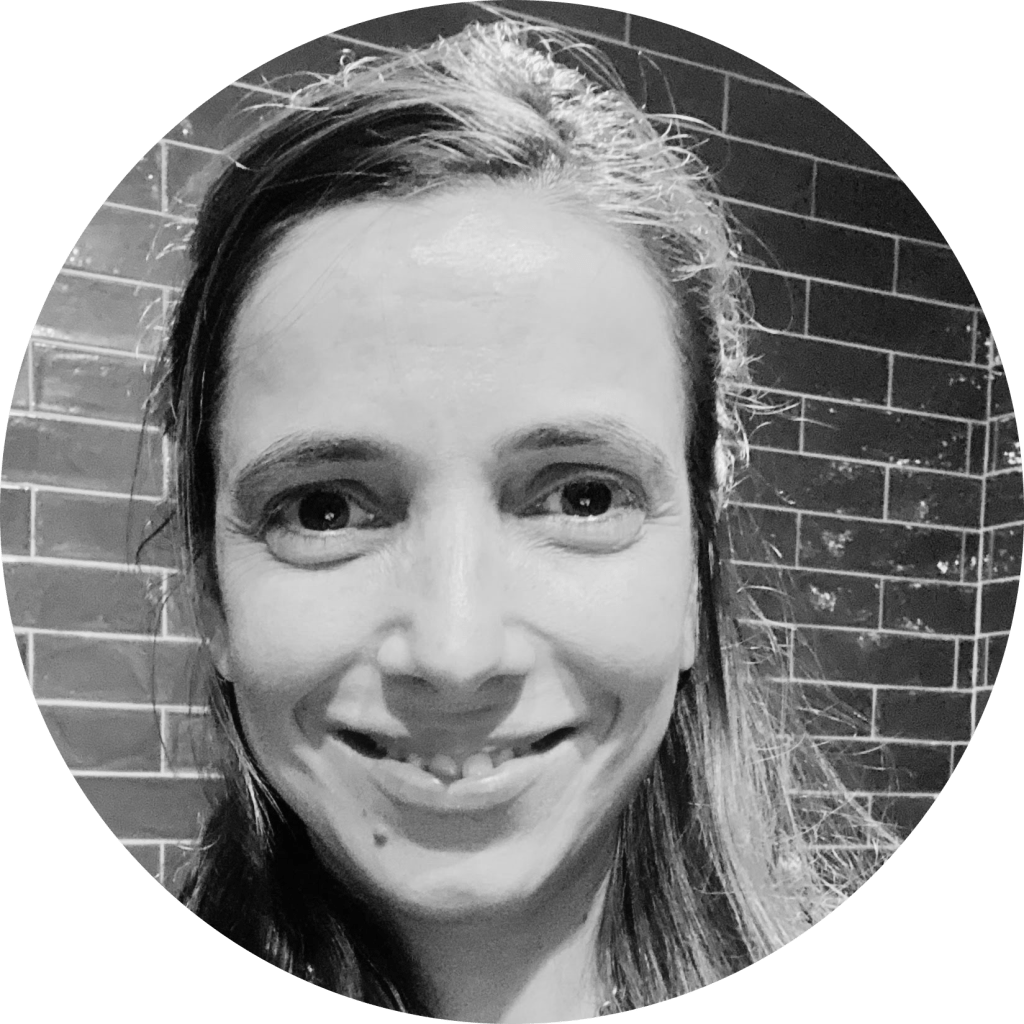
Agus Rodriguez-Granillo
Senior Principal Scientist, Schrödinger
I am originally from Argentina, where I obtained my Licentiate degree in Biology at the University of Buenos Aires. I then moved to the US where I obtained my PhD in Biochemistry at Rice University (Texas), followed by a PostDoc in computational protein design at Rutgers University (New Jersey). I then joined the Modeling and Informatics group at Merck & Co in New Jersey for about three years. Finally, I moved to Massachusetts and joined Schrödinger, where I lead the Applications Science team in our Cambridge office.
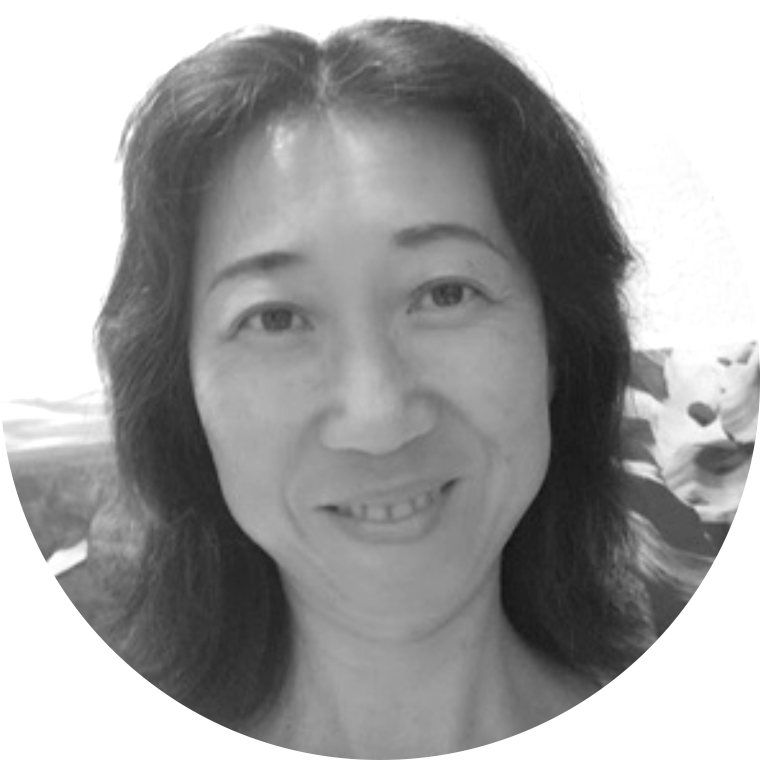
Zhe Nie
Executive Director, Schrödinger
Dr. Zhe Nie is the Executive Director of Medicinal Chemistry at Schrödinger’s Therapeutic Group. She has been leading multiple wholly owned and partnered drug discovery programs at Schrödinger. Most recently, she led Schrödinger’s MALT1 discovery project team, successfully developed the small molecule drug SGR-1505 (Schrödinger’s first internal clinical asset currently in Ph1) applying Schrödinger’s computational platform. It took less than two years from the start of the project to the selection of the clinical candidate. She also led the DLK collaboration project with Takeda Pharmaceuticals which discovered a potent, selective, and brain-penetrate DLK inhibitor as a promising preclinical candidate for the treatment of neurodegenerative diseases using Schrödinger’s computational platform. She has extensive experiences in applying advanced computational tools to assist in the design of small molecule drug candidates. She previously worked at Takeda, Celgene and Quanticel Pharmaceuticals (acquired by Celgene), led and contributed to advancing multiple small molecule drugs to the clinics including TAK-960, TAK-659 and CC-90011.
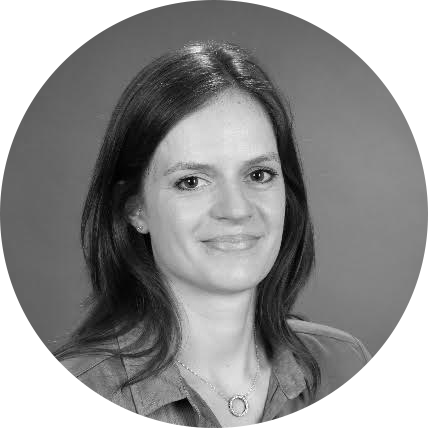
Maëva Mercier
Senior Associate Scientist, Johnson & Johnson Innovative Medicine
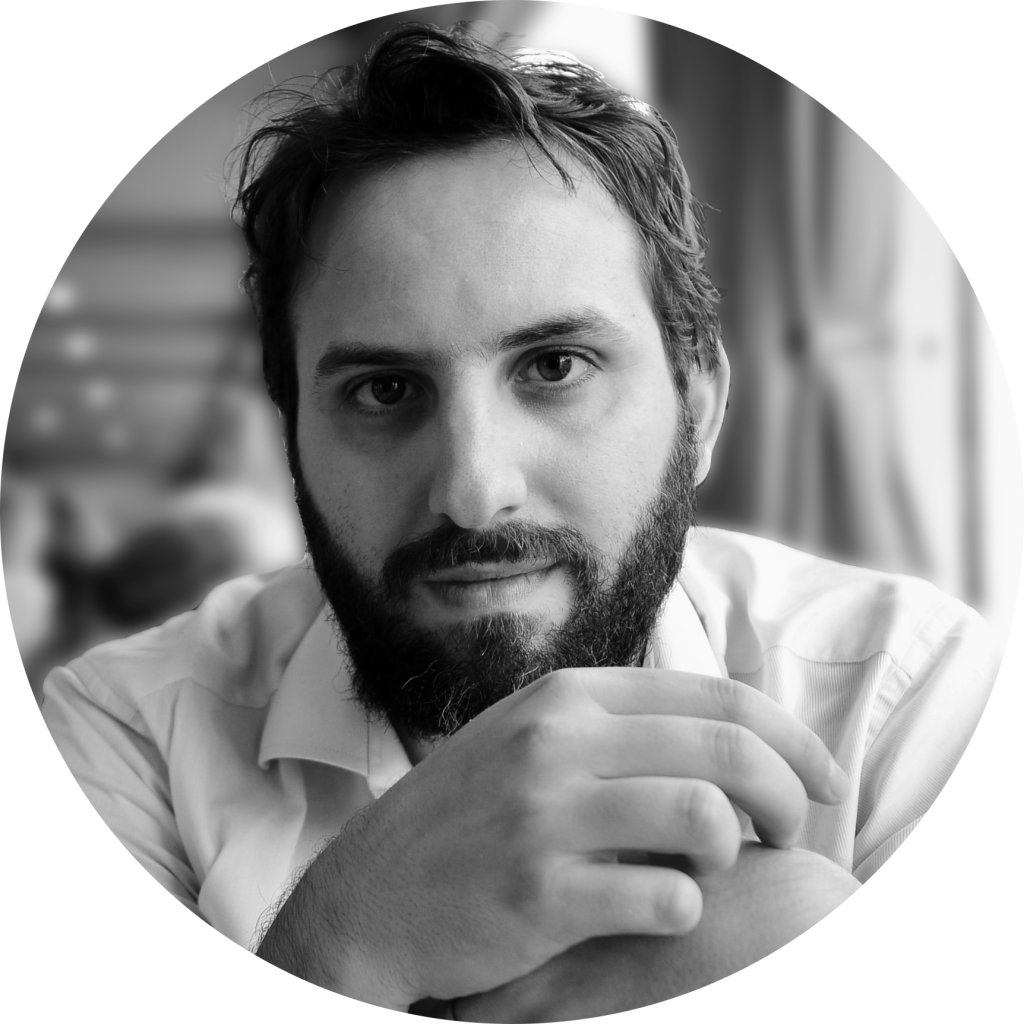
Marco Montefiori
Principal Scientist, Protein Engineering, Ichnos Sciences
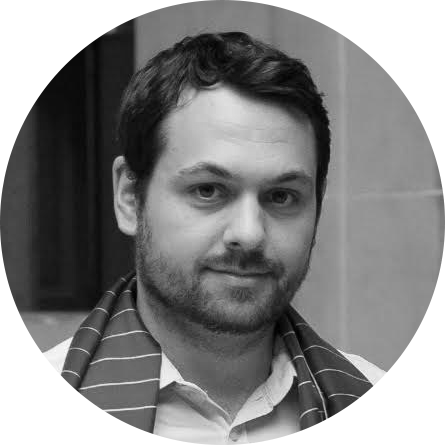
Soufyan Jerhaoui
Senior Scientist, Team Leader, Johnson & Johnson Innovative Medicine